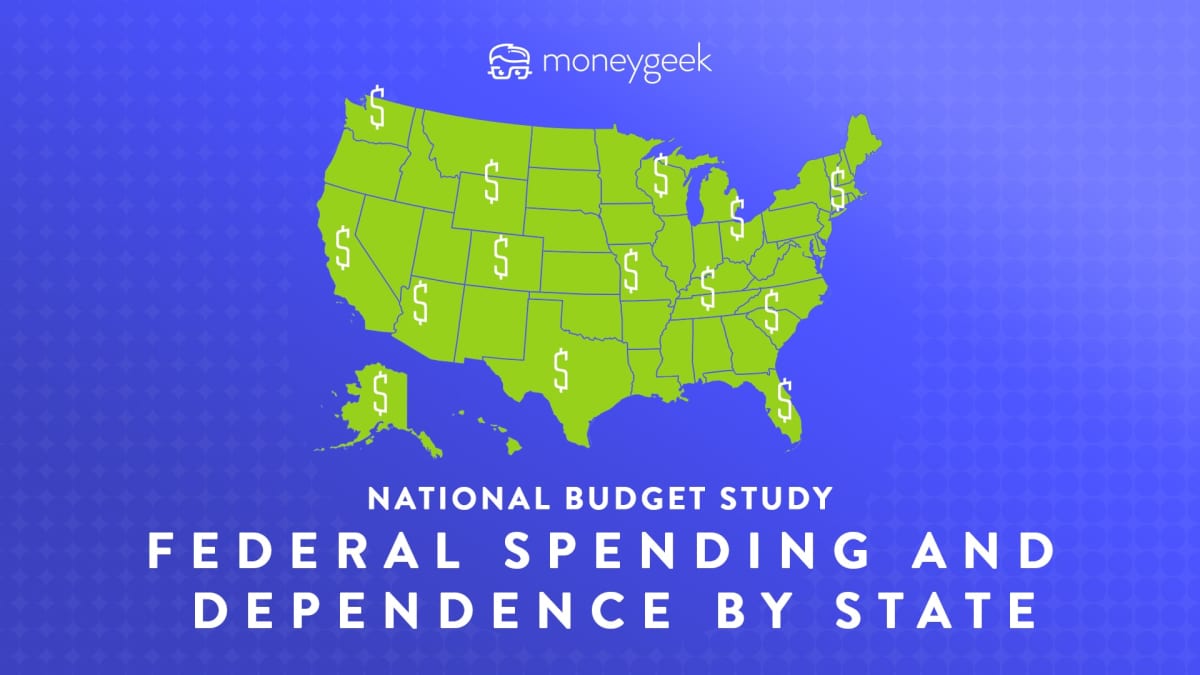Solarcabin
Well-Known Member
- Region
- USA
"Ooh la la! France will now pay you €4,000 (nearly US $4,000) to swap your old polluting car for a cleaner, more efficient, and more city-appropriate electric bicycle. That marks a major increase in the incentive designed to improve French cities.
Pedal bicycles are also included in the generous incentive package, though e-bikes are contributing to one of the biggest jumps in cycling ever across Europe and much of the world.
As reported by The Times, the full €4,000 incentive is awarded to those in lower income brackets that live in low-emission urban zones. Wealthier two-wheel converts will receive a reduced incentive commensurate with their income level. For those looking to buy a new electric bike but not ready to give up their polluting car, a subsidy of up to €400 is available.
Some cities have even more generous electric bicycle subsidies. The Socialist-Green council of Paris offers up to €500 toward the purchase of an e-bike or a folding pedal bike."

 electrek.co
electrek.co
The incentive in the US climate bill for ebikes was removed!
Your thoughts?
Pedal bicycles are also included in the generous incentive package, though e-bikes are contributing to one of the biggest jumps in cycling ever across Europe and much of the world.
As reported by The Times, the full €4,000 incentive is awarded to those in lower income brackets that live in low-emission urban zones. Wealthier two-wheel converts will receive a reduced incentive commensurate with their income level. For those looking to buy a new electric bike but not ready to give up their polluting car, a subsidy of up to €400 is available.
Some cities have even more generous electric bicycle subsidies. The Socialist-Green council of Paris offers up to €500 toward the purchase of an e-bike or a folding pedal bike."

This country is paying car drivers nearly $4,000 to switch to an electric bike
France is paying car drivers up to $4,000 to swap their polluting car for an efficient electric bicycle or pedal bicycle.
 electrek.co
electrek.co
The incentive in the US climate bill for ebikes was removed!
Your thoughts?


:quality(70)/arc-anglerfish-arc2-prod-tronc.s3.amazonaws.com/public/7YI6TJYAMFDJ7EHTGDNCDGI2C4.jpg)

